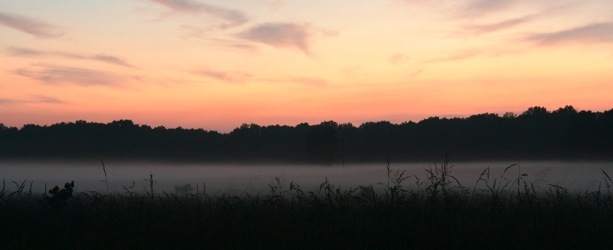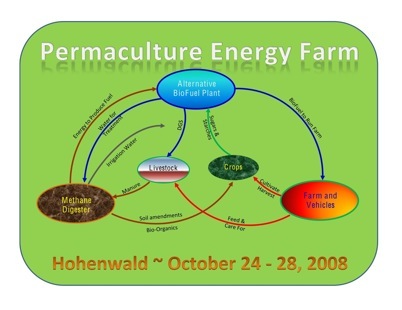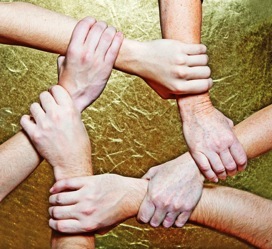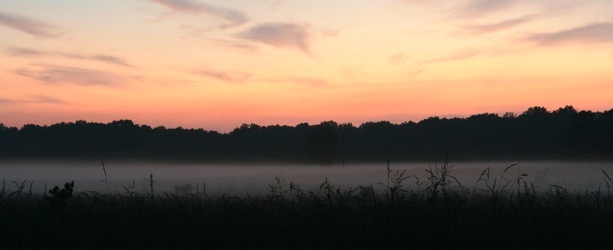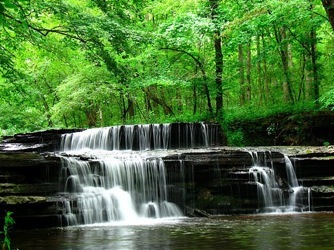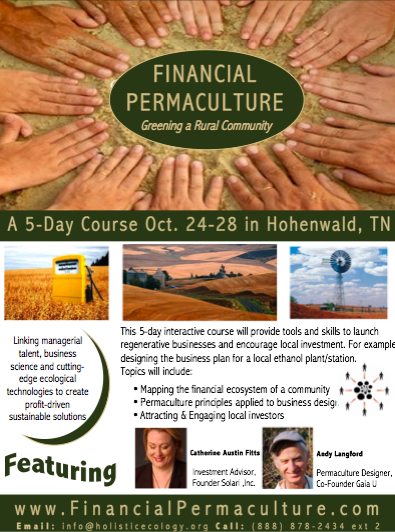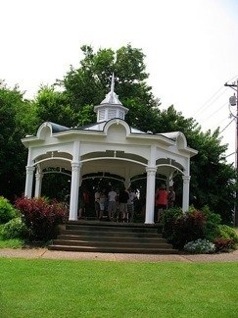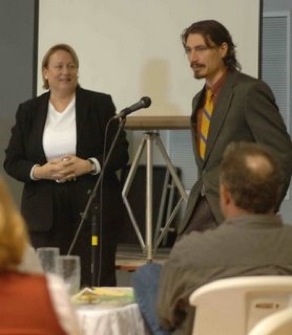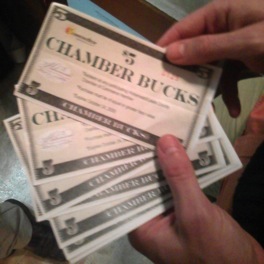Hosted By
Center for Holistic Ecology
In Association With
Gaia University
Solari, Inc.
Ecovillage Training Center
Living Mandala
Global Village Institute
The Leadership School
Oklahoma Food Cooperative
Facilitators
Catherine Austin Fitts
Andy Langford
Liora Adler
Albert Bates
Jennifer Dauksha-English
Greg Landua
Thomas Hupp
Luke Staengl
Robert Waldrop
Jonathan Cloud
Sylvia Palmer
Ruchi Singhal
Johnathan Gonsky
Debbie Landers
Cindy Ayers
Eric Wagner
Jonathan Cloud
Carolyn A. Betts
Court Skinner
Franklin Sanders
Jason Eaton
Susan Johann
Anais Starr
Pat Therrien
Valerie Seitz
Matthew English
Ethan C. Roland
Summit Inspiration
What Does a Sustainable Working Economic Model for a Modern Rural American Community look like? Communities throughout America are looking for the solutions to increasing energy costs, shaky financial markets, changing ecosystems, and job losses in a globalized economy. How do we respond to a world which seems to present us with changes and challenges almost daily?
Concept
This Summit is designed to be a participatory event. Organizers, facilitators and content instructors will engage course participants in both conversation and design. We'll be consolidating existing tools and strategies whilst collaborating to expand the working models so they can be used by a wide demographics. Our aim is to gather together people from as many diverse backgrounds as possible. With diverse representation from the business, environmental and local communities we will engage participatory problem solving and establish forums for communicating about the challenges facing the environment and the global economy.
Financial Permaculture Summit 2008
Ignites Local Economy

The first Financial Permaculture Summit, which occurred in the midst of the first wave of economic crisis in October of 2008, and since then the community of Hohenwald has been moving swiftly towards creating a new Green Economy based firmly in the principles of Permaculture. Through community meetings, engagement with the local Chamber of Commerce, city government, and county officials, the town of Hohenwald and Lewis County are working to create a participatory design for transition away from an economically and environmentally unsustainable way of doing business, and moving towards a localized economy where the towns folks hold decision making power and the responsibility that comes with it is in their own hands. For more information on What's Happenning in Howenwald click here.
Financial Permaculture Documentary
Watch a brief documentary video from last year’s summit.
Additional Financial Permaculture Videos
Find More Videos from last year’s Financial Permaculture Summit on the Financial Permaculture Social Network on Living Mandala.
Financial Permaculture Resource Hub
Get updates from last years Summit, find out What's Happenning in Howenwald, and track the dynamic changes we are seeing in the global economy with updates, resources, blogs, and articles about Financial Permaculture at our Community Resource Hub: www.FinancialPermaculture.org.
Happenning in Hohenwald
-
-A post-summit report by Greg Landua
With the National and Global Economies in a downward spiral, people are looking for real life alternatives and the energy generated by the Financial Permaculture Summit is still gathering momentum. Plans to turn Hohenwald into the first Transition Town in the southern U.S. are percolating, and local community members are pursuing several of the business plans generated at the Summit. By this time next year, Hohenwald can expect to have a green building supply store, a solar hot water heating company, and potentially several other businesses that were all sparked by conversation and exploration that took place during the Financial Permaculture Summit.
Financial Permaculture Summit 2008 Injects $28,866 into the Local Economy!
The combined 100 or so participants have collectively spent $28,866 over the 5 days of the event. Assuming a multiplier that is typical of a small American community (1.5) then the multiplier effect would result in $43,299 of new economic activity. The multiplier effect is when incomes from one person are passed to another within the same community. The multiplication effect stops when the money leaves the community. Read More.
FPC 2008 Supports Local Currency
The Financial Permaculture Summit collaborating with the Hohenwald Chamber of Commerce helped to support a local complementary currency called “Chamber Bucks”. A percentage of the revenues from the summit was used to purchase Chamber Buckswhich were then fed back into the financial ecosystem of Hohenwald. Read More.
Gaia University Associates Document Summit
A team of Gaia University Associates documented the Financial Permaculture Summit. Articles and blogs can be found at: www.FinancialPermaculture.org. For more information on action-learning degrees in Green Business Development in conjunction with the financial Permaculture Summit click here.

